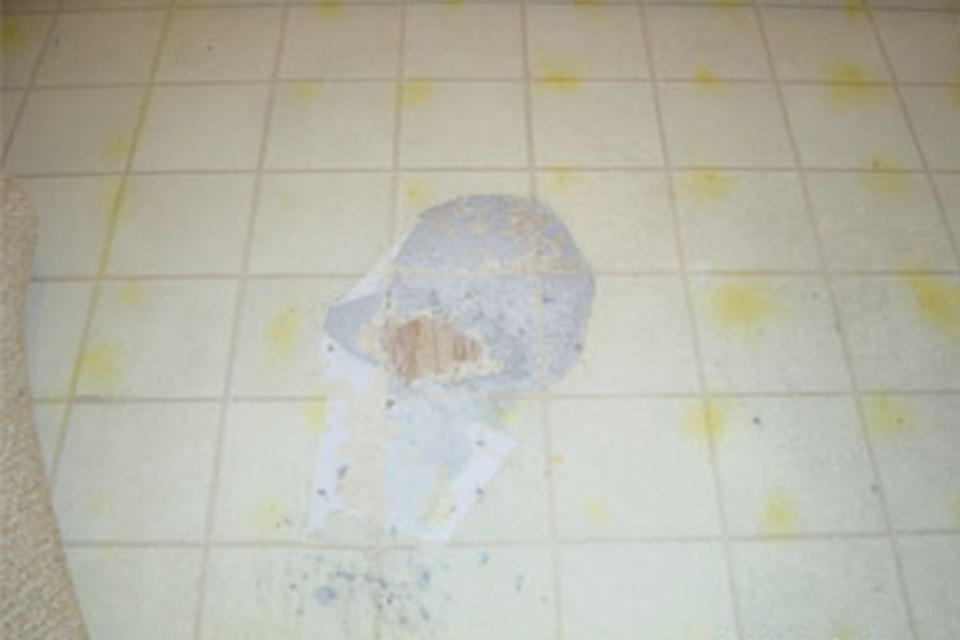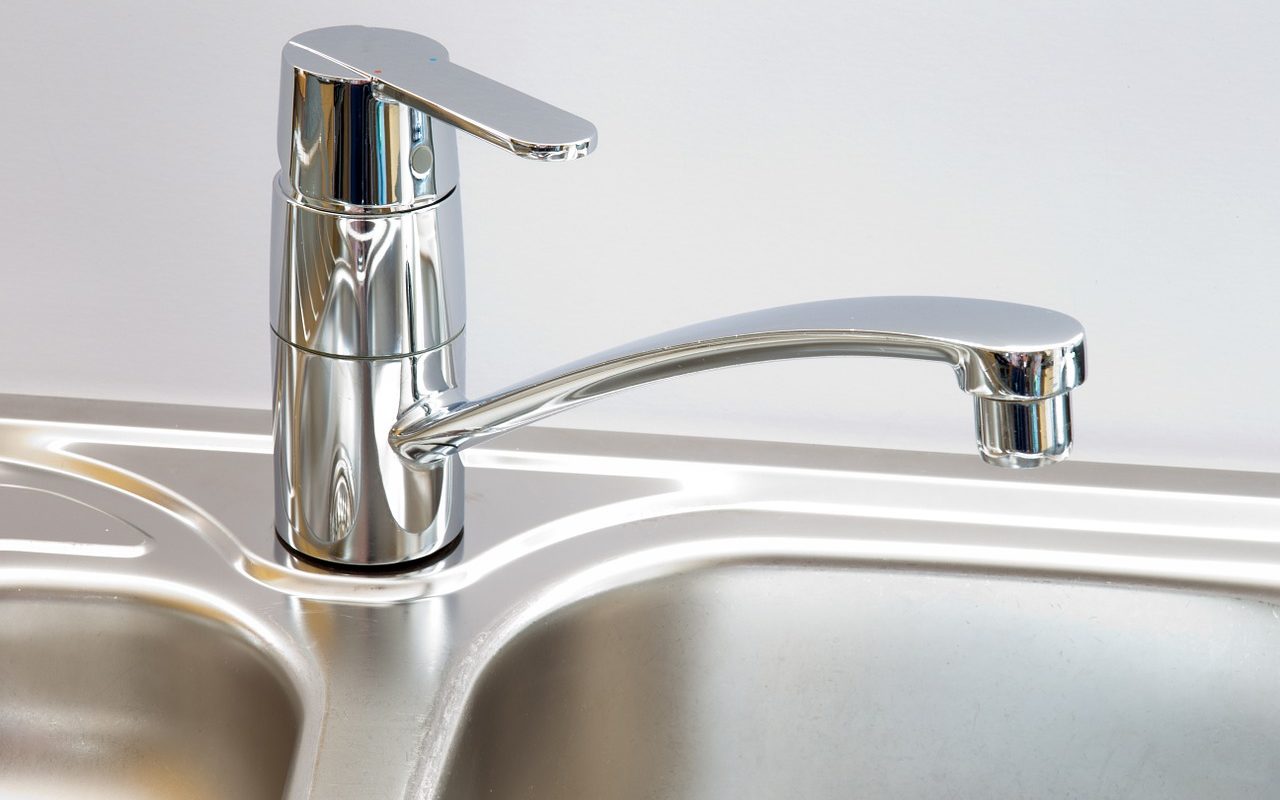Plumbing problems usually revolve around one of three things: clogs, leaks, or drips. It pays to be familiar with your plumbing system so you can minimize the damage caused by plumbing problems as well as fix minor problems on your own.
The most important thing you can do is find out where the main water shut-off valve is and how to turn it off. This is usually either outside your home or in your basement or crawlspace. If you cannot find it or don’t know how to turn it off, contact your utility company and have them show you. If any tools are necessary to turn off your water, keep them handy. Being able to shut your water off at the main valve can be vital to reducing damage to your home if a pipe were to burst.
You should also check each plumbing appliance (sinks, toilets, etc.) for their own shut-off valves and verify they work. If the valves fail to turn off water to the appliance, you should have them fixed by a professional plumber. These valves come in handy when the need arises to repair individual appliances. If an appliance has no valves, you will need to shut off your water at the main valve to repair it.
When it comes to clogs and slow drains, an ounce of prevention is worth a pound of cure. In the tub or shower, invest in an inexpensive hair trap or screen to prevent the majority of hair and soap scum from going down the drain. In the kitchen, don’t pour cooking grease down your drain. It will harden and coat your pipes with a sticky scum that will catch other particles and eventually clog the pipe. Instead, keep it in a coffee can or milk container and dispose of it with your garbage once it’s cooled. You should also avoid dumping coffee grounds down the drain. They’re notorious for causing clogs.
Maintaining your drains on a weekly basis is also a good idea to keep your pipes clear. One way to do this is to pour a half-cup of salt, a half-cup of baking soda and a half-cup of vinegar down the drain and follow with two quarts of boiling water.
If you do encounter a clog, don’t panic. Clogs and slow drains most commonly occur in areas that can be easily cleared on your own without the help of a pro (if more than one drain or toilet is affected, you will need to contact a plumber). First, try a plunger. www.repair-home.com/Using_a_Snake has easy-to-follow instructions for the use of a pipe snake. There is also the option of using chemical clog removers. Be sure to follow the package instructions when using them.
Leaks can be slowed or stopped until you’re able to get a plumber out to your home by following the steps on this article: www.ehow.com/how_2329_repair-leaky-pipes.html. Please keep in mind that this is a temporary measure only, but it will help prevent water damage until your plumber fixes the problem.
Many plumbing repair projects don’t require the help of a professional. Replacing faucets, garbage disposals, sinks, and toilets are all easily accomplished by the do-it-yourselfer if you have the right tools and information. DIYnet.com is a great resource for many home repair projects.
If you would like a thorough, professional inspection of your plumbing system by an expert, please contact our office. We have the expertise to detect problems invisible to the untrained eye to help you head off problems before they start. We will also provide you with a full report summarizing our findings and recommended course of action if necessary as well as estimated costs of repair.



